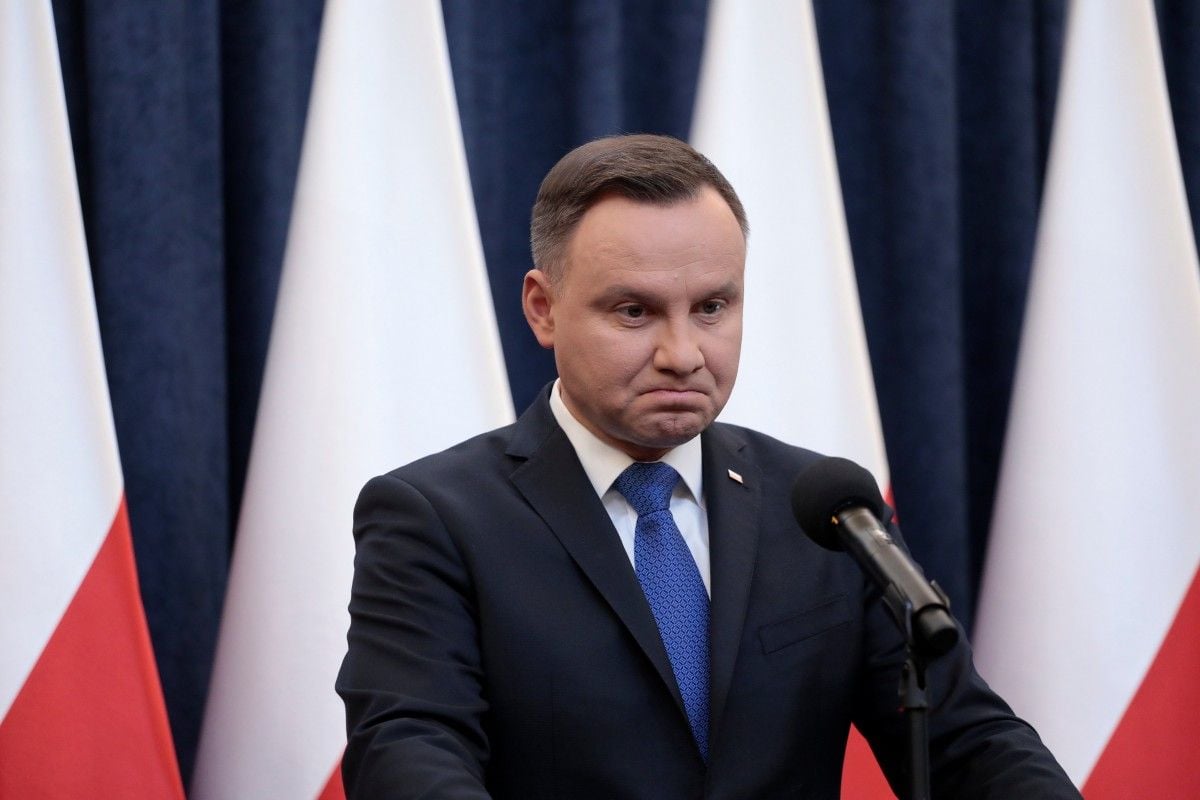
Polish President, Andrzej Duda, has signed a highly controversial bill Tuesday that will ban most Holocaust accusations against Poles as well as descriptions of Nazi death camps as Polish — raising tensions with the United States and Israel, which criticized the measure.
An ally of the ruling right-wing Law and Justice Party who occasionally has been willing to buck the party's will, Duda also announced that he would ask the country's Constitutional Tribunal to review the bill to check whether it complies with Poland's fundamental rights, such as freedom of speech. But the announcement to pursue a parallel review of the law did not stave off rebukes from key Polish allies, The Washington Post reported.
Read alsoRada appeals to Polish authorities over controversial billHours after the law was signed, U.S. Secretary of State Rex Tillerson said that he was "disappointed" in Duda's decision. "Enactment of this law adversely affects freedom of speech and academic inquiry . . . We believe that open debate, scholarship, and education are the best means of countering misleading speech," Tillerson said.
Israel's Foreign Ministry responded to the news of Duda's decision Tuesday, expressing hope that the constitutional review would prompt "changes and corrections." But the law is expected to take effect before the tribunal would be able to issue any clarifications, and the independence of the judges themselves has been questioned after the Law and Justice Party passed reform plans that critics condemned as an 'assault" on the judiciary.
By refusing to veto the bill, Duda dashed the possibility of political negotiations, which Israel and the United States had still hoped for in recent days. Instead, the bill is to take effect within the next two weeks, even as the Constitutional Tribunal reviews the legislation. The tribunal is now the only institution that could still reverse the law in its entirety or in parts.

